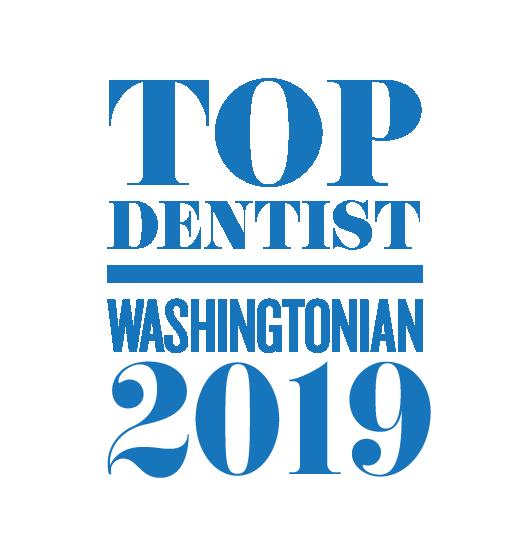Answers to frequently asked questions about the use of lasers in periodontal therapy.
- ADA Statement on Lasers in Dentistry
- AAP Statement on the Efficacy of Lasers.
Recently there has been a lot of information in the news about the use of lasers in dentistry. Below are some frequently asked questions about the use of lasers in periodontal therapy, based on an AAP-commissioned literature review on the topic.
Are there potential benefits to using lasers in periodontal therapy?
Limited research suggests that the use of lasers as an adjunct to scaling and root planing (SRP) may improve the effectiveness of this procedure. SRP is a non-surgical therapy used to treat periodontal diseases. In addition, when the lasers are used properly during periodontal therapy there can be less bleeding, swelling and discomfort to the patient during surgery.
Can the use of lasers in periodontal therapy harm patients?
Yes and no. Each laser has different wavelengths and power levels that can be used safely during different periodontal procedures. However, damage to periodontal tissues can result if an inappropriate wavelength and/or power level is used during a periodontal procedure.
Does the research on lasers support their use in periodontics at this time?
At this time, there is insufficient evidence to suggest that any specific laser wavelength is superior to the traditional treatment methods of the common periodontal diseases, such as periodontitis.
Can I trust the claims in an ad for periodontal therapy performed with a laser?
It is important to beware of advertising that sounds too good to be true because it very well may be. A dental professional can help you separate fact from hype.
Will my insurance carrier cover the use of a laser in periodontal therapy?
Insurance carriers reimburse for the procedure being performed rather than the device used to perform it. Therefore, whether your periodontist uses traditional tools for treatment or lasers, your reimbursement will be the same for that specific procedure. Before having surgery, always consult with your insurance carrier to determine what procedures are covered in your plan.
© American Academy of Periodontology and Perio.org, 08/18/2011









